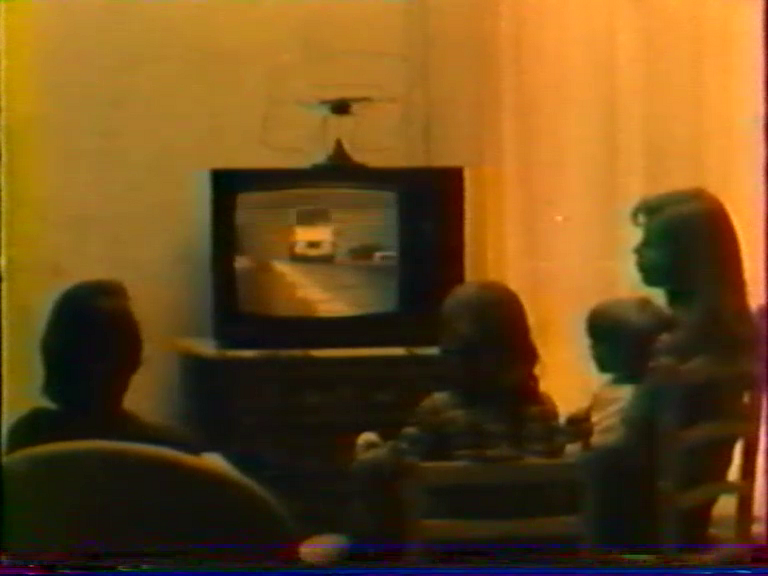If I Loved Life, I Wouldn’t Make Movies: Revisiting Situationist Film
Admission starts at $5
November 17, 2024, 5pm
Brooklyn, NY 11205
USA
Please join us for the fourth and final part of If I Loved Life, I Wouldn’t Make Movies: Revisiting Situationist Film, a screening program guest curated by Ethan Spigland and Paul Grant that draws on the Situationist critique of the spectacle as well as the Situationist International’s strategy of détournement: the subversive reappropriation of preexisting cultural materials.
Part IV: And Be Careful If Cinema Intervenes introduces the little-known films of Groupe Cinétique, a militant Marxist-Leninist collective that emerged after the events of May 1968 and produced the influential eponymous film journal that marked film theory indelibly with its publication of Jean-Louis Baudry’s canonical “Cinéma: effets idéologiques produits par l’appareil de base.” While Baudry’s text suggested effective political films could no longer be made due to the inherent bourgeois optical science at cinema’s base, one of the most notable elements of Cinéthique’s filmmaking practice was how it went on to create experimental and political cinema, strategically similar to, though politically diverging from, the film work of the Situationists. The Cinéthique films engaged with issues from the politics of cinematic representation (Quand on aime la vie on va au cinéma [1975]) to the militant special needs community (Bon pied bon oeil et toute sa tête [1978]). Paul Grant will present sections of these works, subtitled for the first time in English, and discuss other collaborative film projects the group participated in across the long-68.
See details on Part One, which takes place on Thursday, November 14, here; and parts Two and Three on Saturday, November 16, here.
Excerpts to be screened from:
Groupe Cinéthique, Quand on aime la vie on va au cinéma (1975)
Through the use of “hijacked” images from popular culture, mainstream movies and publicity materials, Quand on aime la vie, on va au cinéma mobilizes a critique of the various forms of cinematic representation that eventually broadens to a more totalizing critique of the reification of everyday life.
Groupe Cinéthique, Bon pied bon oeil et toute sa tête (1978)
Created in 1978 by Groupe Cinéthique in collaboration with the Comité de lutte des handicapés and the Groupe information asile, this film examines the portrayal of disabilities through a historical lens, exploring their social and political dimensions.
For more information, contact program [at] e-flux.com.
Accessibility
–Two flights of stairs lead up to the building’s front entrance at 172 Classon Avenue.
–For elevator access, please RSVP to program@e-flux.com. The building has a freight elevator which leads into the e-flux office space. Entrance to the elevator is nearest to 180 Classon Ave (a garage door). We have a ramp for the steps within the space.
–e-flux has an ADA-compliant bathroom. There are no steps between the Screening Room and this bathroom.
